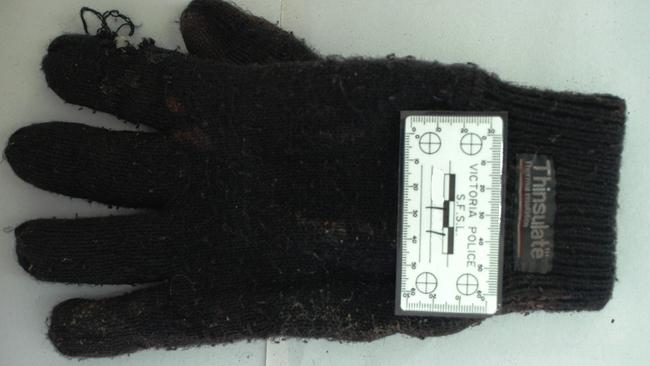Katia Pyliotis found guilty for Virgin Mary statue, mango tin murder of Elia Abdelmessih in Kew home in 2005
A former McDonald’s worker has been convicted of murder over the death of a daily customer bludgeoned to death in Kew with a tin of mangoes and a statue of the Virgin Mary.

Law & Order
Don't miss out on the headlines from Law & Order. Followed categories will be added to My News.
A former McDonald’s worker has been convicted of murder over the death of a daily customer who was bludgeoned to death with a tin of mangoes and a statue of the Virgin Mary.
Katia Pyliotis fatally bashed Elia Abdelmessih, 69, inside his Kew home on September 18, 2005 — but the killing remained a mystery for more than a decade.
A $100,000 reward was on offer at the time of Pyliotis’ arrest in 2016, when she was extradited from South Australia to face justice.
BUS DRIVER WEEPS AS HE’S JAILED FOR MONTAGUE ST CRASH
THE ELITE COPS GUARDING MELBOURNE CBD THIS CHRISTMAS
HOW ONE MANY ENDED UP WITH 1300 TRAFFIC INFRINGEMENTS
But the wheels of justice moved slowly for Pyliotis, who has spent more than a year being tried at four separate Supreme Court trials after a series of bungles that saw three abandoned, with two the fault of her former barrister.
She remained silent as the 12 member jury’s unanimous verdict was delivered this afternoon.
Mr Abdelmessih was allegedly bludgeoned to death with kitchen and household items including a tin of mangoes and a statue of the Virgin Mary.
An Egyptian-born pensioner, he lived alone after the death of wife Rita, who succumbed to a long illness about a year before he was murdered.
Mr Abdelmessih was described as a lonely old man who had often sought out strangers on the street for company and had a habit of bringing home vagrants he met on his daily shopping trips.
He regularly visited shops in High St, Kew, eating daily at the McDonald’s outlet and often visiting the Safeway supermarket in Walpole St.
Such was his love for the fast food outlet that he would be waiting at the door at 6am when it opened.
He would sometimes visit the store three times a day.
Police initially investigated an intellectually disabled woman the victim had previously paid for sex, but she was quickly ruled out.
The killer’s DNA was found inside a discarded glove, in the bathroom, on a laundry tap and on the bloody statue.
It was matched to Pyliotis when South Australian police conducted a routine DNA swab on her when she failed to pay her registration.
Pyliotis will return to court next year for a pre-sentence hearing.


